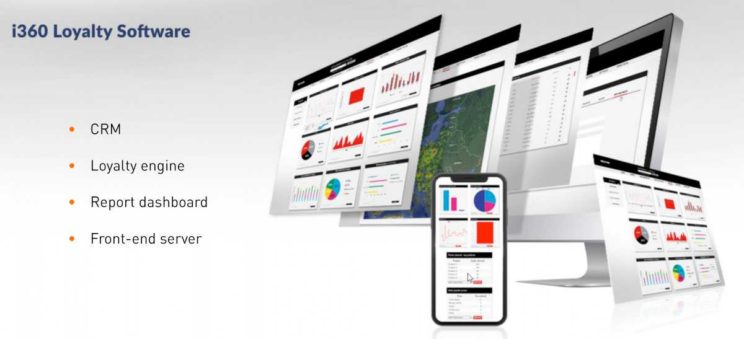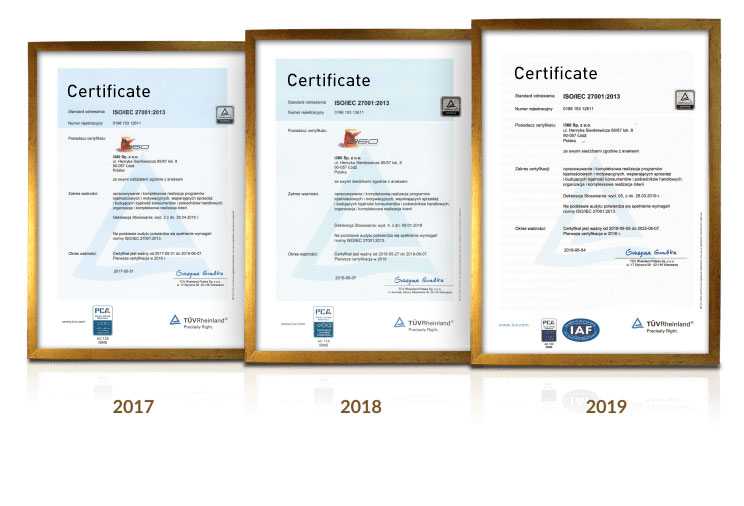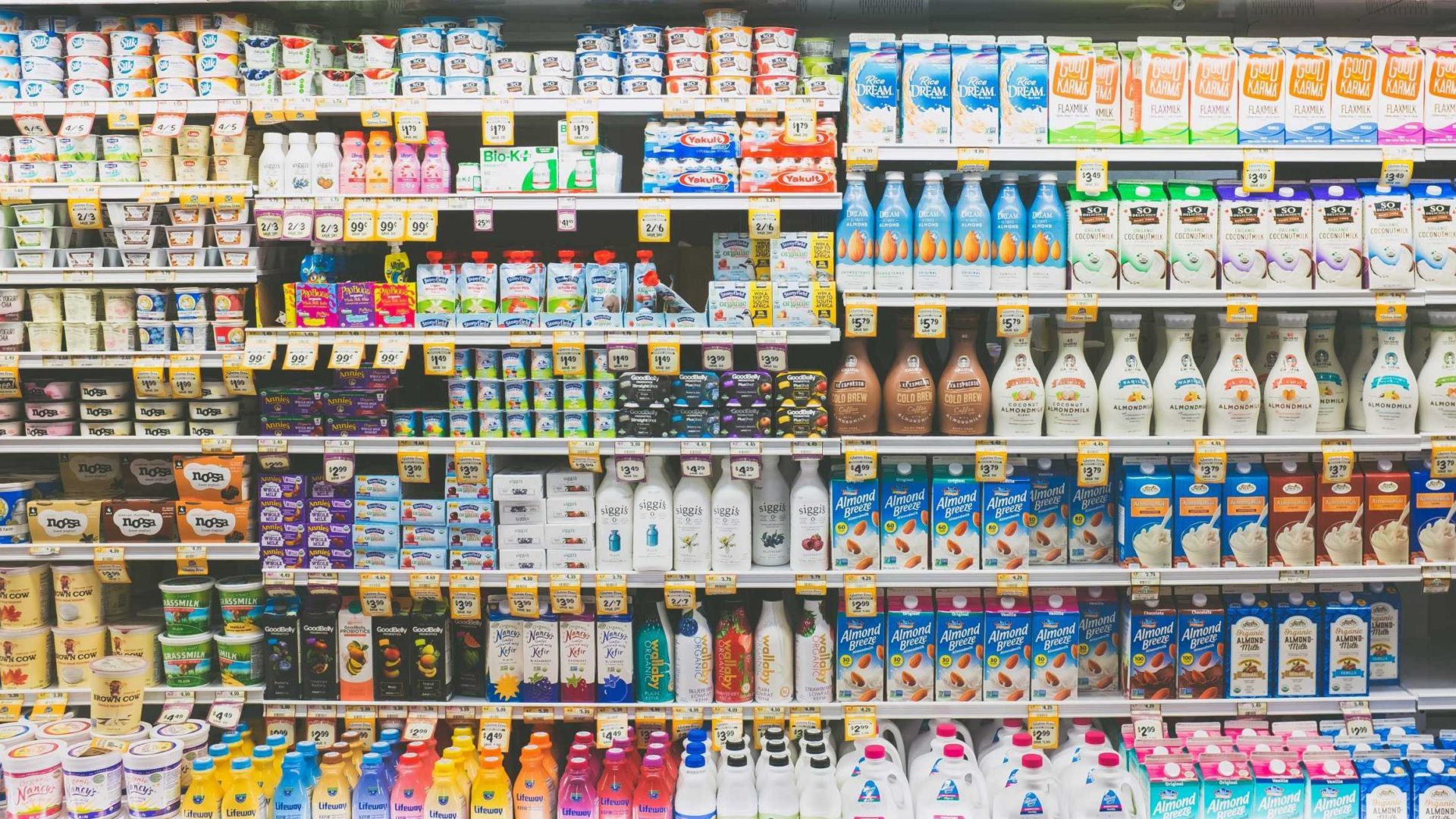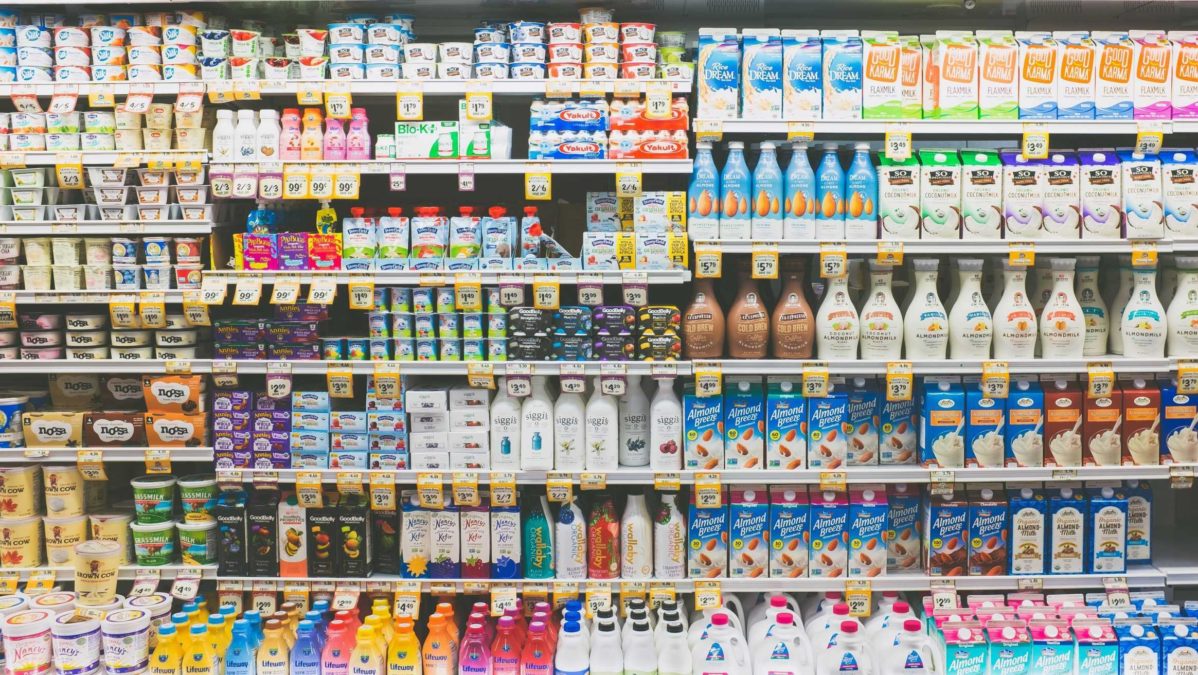Incentive programme for retailers
The text below addresses the following topics:
- How to increase sales in the traditional channel.
- How to improve numerical distribution without increasing employment in the sales department.
- How to ensure that the retailer and shop staff (sales staff, advisers) recommend your products to consumers.
- What prizes influence decision-makers, shop staff and advisers in retail the most?
At i360, we have implemented incentive programmes in PSD TT in the above-mentioned and dozens of other market categories. Incentive programmes are common wherever the distribution structure prevents top-down determination, implementation and maintenance of rules regarding the product offer, minimum inventory, display standards, distribution of advertising materials, or the principles of recommending the store’s products by its staff to end consumers.
Incentive programmes for retailers. What are they all about?
First and foremost, we explain that the concept “retail incentive” covers both activities targeted at:
- decision-makers, i.e.: owners and managers, who at the level of retail outlets are authorised to make decisions about submitting an order, e.g. shop owners or managers;
- shop personnel, i.e.: sales staff and advisers, (so-called front-line pharmacy personnel), who directly serve end consumers.
What are incentive programmes for retailers all about? Simply speaking, they ensure that retail sales points specify SKU of products in their offer, displayed in accordance with your merchandising standards, supported by advertising materials provided by your sales representatives.
First and foremost, they give staff in contact with end consumers motivation to recommend buying the brand or ready product solution for which incentive programme managers are responsible.
Why should retailers, who have their own idea for their business and are targeted by aggressive competitor activities and other producers selling their goods within the same distribution channel, implement your ideas? The answer is quite simple. For the benefits they receive from participating in incentive programmes.
Retailers need offers from producers, importers and distributors in the same way that sales department representatives need retailers. In everyday relations, small entrepreneurs dealing with trade emphasise their independence, constant lack of time and the possibility to choose from competitive offers. However, their basic business concept is based on buying directly from producers or distributors and sell to end consumers with a price mark-up. Without products, retail trade does not exist.
Moreover, retailers (with a few exceptions), have a fairly basic level of substantive knowledge about running a business. Otherwise, they would most likely not invest their money in such a simple and poorly scalable concept as a retail outlet.
Retailers in traditional trade and shop personnel, thanks to skilful construction of the principles of the incentive programme, with the use of appropriate incentives and on the condition that everything is carried out in accordance with the best practices, will be very helpful in achieving sales goals, including increasing numerical distribution.
How to implement an incentive programme in retail
First of all, it is necessary to reach out directly. It is direct contact and shortening to a minimum the time necessary to register a participant (i.e. obtaining consent to participate and the data necessary for ongoing communication, such as a mobile phone number or e-mail address), which determines smooth transition through the registration phase. At this stage, taking effective action is most important. Accumulating a critical mass of participants in the shortest possible time makes it possible to move on to implementation of the programme rules and obtain benefits from its effects.
Participant registration can take place with the involvement of your own sales forces, with the help of sales representatives of distributors or a specially appointed team, dedicated to quickly reaching predefined points of sale. The decision to select one or more of the above-mentioned solutions is dictated by whether we have a dataset of retail outlets, the value of turnover generated by each of the retailers and the technological advancement of the product offer.
The smaller the scope of activities needed with respect to registration, the higher the chances that this process will be effective. It is ideal to get approval for the retailer’s participation in the programme, register the decision-maker and all staff, explain the rules, provide the rewards catalogue and prepaid card as a cash withdrawal tool, and verify the accuracy of the provided telephone number for shipping with a welcome message via SMS and email address – all within a single visit.
Incentive programme for retailers. How do I know it works?
At i360, we have been implementing such programmes in many market segments for more than 10 years. Ask yourself whether any sales director would decide to implement a programme for retailers without interruption for a few years if it didn’t bring the expected benefits, measured by Nielsen results. The rewards and recognition we have obtained from independent opinion-forming institutions confirm this.
 For obvious reasons, I will not discuss results since restrictive NDAs are as thick as a few encyclopaedia volumes. However, I recommend that you follow the financial statements available in the National Court Register of leading players on the Polish market whose sales depend to a large extent on traditional trade results. There you will find proof that these programmes work well. The best evidence for the effectiveness of such solutions is the fact that incentive programmes in traditional trade have been implemented consistently for several years, generating double-digit sales increases every year.
For obvious reasons, I will not discuss results since restrictive NDAs are as thick as a few encyclopaedia volumes. However, I recommend that you follow the financial statements available in the National Court Register of leading players on the Polish market whose sales depend to a large extent on traditional trade results. There you will find proof that these programmes work well. The best evidence for the effectiveness of such solutions is the fact that incentive programmes in traditional trade have been implemented consistently for several years, generating double-digit sales increases every year.
What is the secret to the success of incentive programmes for retailers?
There is no one main programme element that determines the success of the programme. It is a combined system of interdependencies – the principles of goals and KPIs, the value of the incentive coefficient, communication tools, the structure of the offer and the tax model that determine the final result.
Nonetheless, even the best prepared incentive programme will not work in the long term if it is not based on an IT system with functionalities that combine CRM, CMS and loyalty engine elements.

It is precisely the IT system for managing an incentive programme that determines whether your programme will be as simple as setting purchase value goals and measuring their realisation, or whether it will also enable combining sales conditions with the rules of the incentive programme, constructing individual offers based on rewards for sales of specific SKUs, packages, awarding bonuses for achieving value-based goals for each of the market categories, with the possibility of geographical differentiation and rule modification in weekly cycles. Additionally, it should enable measurement of the increase in numerical distribution and bonuses for the implementation of soft tasks, e.g. the implementation of the merchandising standard based on planograms and reporting via photos sent via a mobile application or MMS.
When establishing cooperation with an external entity, pay attention to whether it has implemented the information security standard ISO 27001:2013. At i360, we have operated according to this standard for four years and we are audited every year by TUV Rheinland, confirming our conformance with the standard in certificates.

What rewards work best with retailers?
Minor details are important. Other awards affect decision-makers (who usually choose tools to improve the daily work of a point of sale or money transferred to a prepaid card), and yet others – salesmen and customer service staff (here you can see the strong seasonality of the selection of awards).
In particular leading up to Christmas and Easter, rewards related to holiday traditions that can be perceived as a present or used during a family meal are effective. During summer vacation, vouchers for travel offices are popular. In the fall, they might be tools that help in making preserves, or computers, bicycles and scooters during the season for first communion. Finally, experiences from the period March-April 2020 have shown that during the pandemic, rewards distributed electronically, e.g. rebate coupons, VOD codes, audiobooks, enjoyed great popularity.
Rewards in the form of financial resources can be distributed in many ways. On prepaid cards, which work best and are also image carriers, on bank accounts and in smaller amounts via ATMs. The use of all paper money coupons is relatively less effective and reduces the effectiveness of the incentive programme.
What are the tax implications of implementing an incentive programme for retailers?
What are the tax implications of implementing an incentive programme for retailers?
 A separate text is also devoted to this issue, which is available via this link.
A separate text is also devoted to this issue, which is available via this link.
SELECTED TAX MODELS IN INCENTIVE PROGRAMMESIf you are interested in implementing an incentive programme for sales representatives, want to change the operator of your programme or find out how i360 can help you optimise the programme you have from a procedural, tax or legal point of view or in terms of changing communication methods, pleasecontact us.

Contact us to learn more.
We know everything about loyalty programs.
![]() Tomasz.Makaruk@i360.com.pl
Tomasz.Makaruk@i360.com.pl
![]() 22 331.09.97
22 331.09.97


